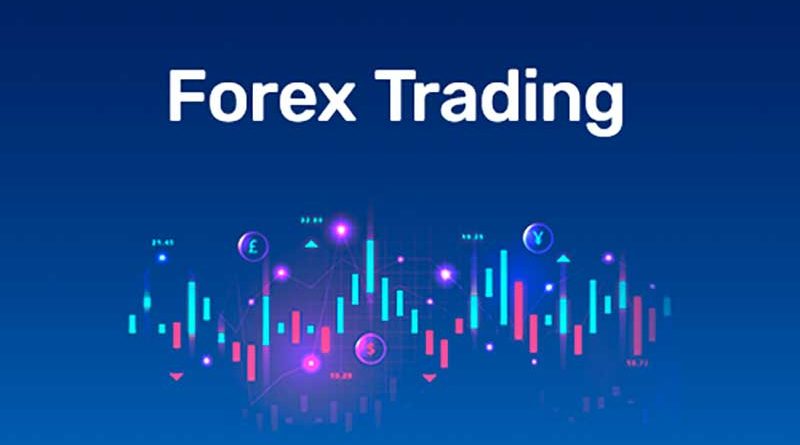About Forex Trading
Loading Offers..
Forex trading, also known as foreign exchange trading or currency trading, is the buying and selling of currencies on the foreign exchange market with the aim of making a profit. The forex market is the largest and most liquid financial market in the world, where currencies are traded 24 hours a day, five days a week.
Here are some key points about forex trading:
- Market Participants:
- Banks: Central banks, commercial banks, and investment banks participate in the forex market to facilitate international trade and manage their exposure to currency fluctuations.
- Institutional Investors: Hedge funds, large corporations, and other financial institutions engage in forex trading for speculative and hedging purposes.
- Retail Traders: Individual traders like you and me participate through online platforms provided by brokers.
- Currency Pairs:
- In forex trading, currencies are quoted in pairs. The first currency is called the base currency, and the second is the quote currency. The exchange rate tells you how much of the quoted currency you need to spend to purchase one unit of the base currency.
- Major, Minor, and Exotic Pairs:
- Major currency pairs include the most traded currencies globally, such as the US Dollar (USD), Euro (EUR), Japanese Yen (JPY), and British Pound (GBP).
- Minor pairs consist of currencies from smaller economies, excluding the US dollar.
- Exotic pairs involve one major currency and one currency from a developing or smaller economy.
- Leverage:
- Forex trading often involves the use of leverage, which allows traders to control a larger position with a relatively small amount of capital. While leverage can amplify profits, it also increases the risk of significant losses.
- Market Participants and News Impact:
- Economic indicators, central bank decisions, geopolitical events, and other news can influence currency prices. Traders often analyze these factors to make informed trading decisions.
- Trading Platforms:
- Forex trading is typically conducted through online trading platforms provided by brokers. These platforms offer various tools and charts for technical analysis, as well as real-time quotes and order execution.
- Risk Management:
- Successful forex trading involves effective risk management. This includes setting stop-loss orders to limit potential losses and managing position sizes relative to account size.
- Technical and Fundamental Analysis:
- Traders use both technical analysis (studying price charts and patterns) and fundamental analysis (examining economic indicators and news events) to make trading decisions.
- Regulation:
- The forex market is decentralized, but trading is facilitated through brokers. It’s important to choose a reputable and regulated broker to ensure fair and transparent trading conditions.
- Continuous Market:
- The forex market operates 24 hours a day, five days a week, due to the global nature of currency trading. This continuous operation allows traders to respond to news and events as they happen.
Before engaging in forex trading, it’s crucial for individuals to educate themselves, understand the risks involved, and consider seeking advice from financial professionals. Additionally, practicing with a demo account can help traders develop their skills and strategies before risking real capital.

